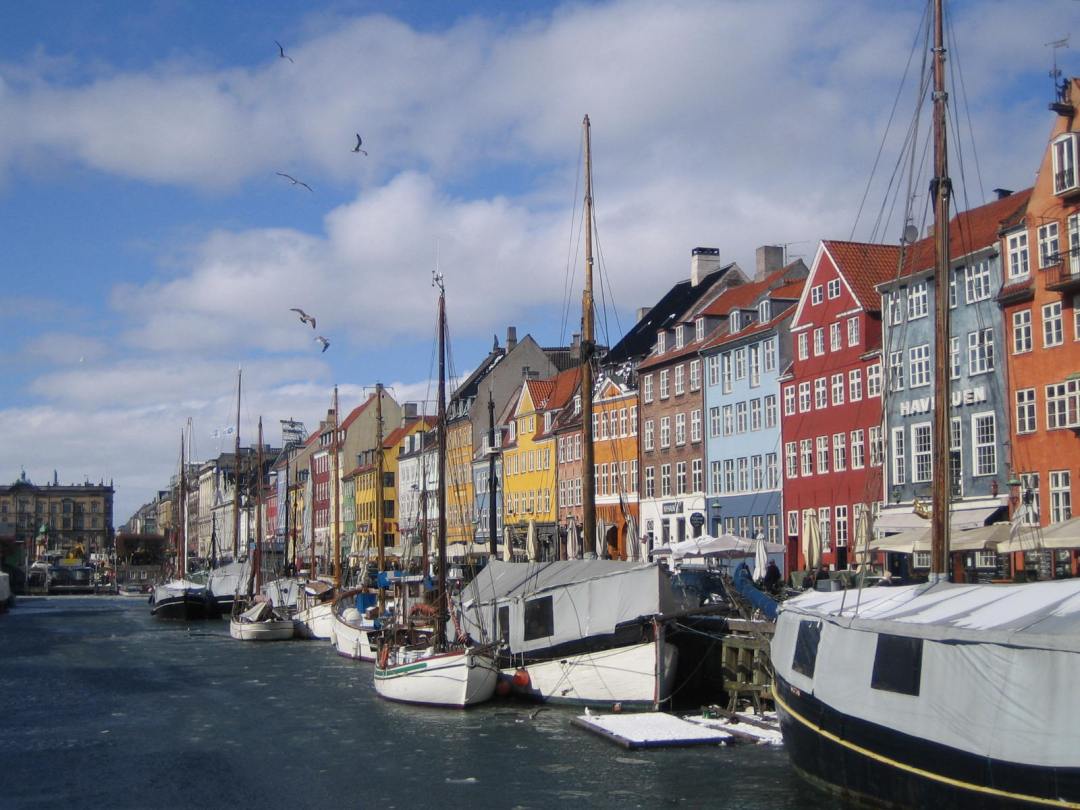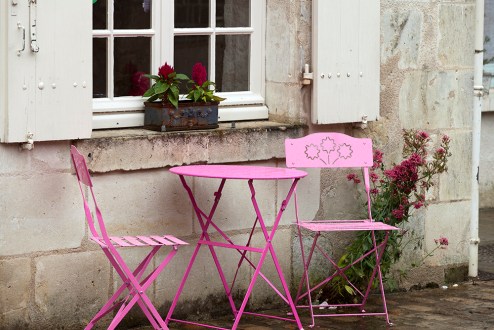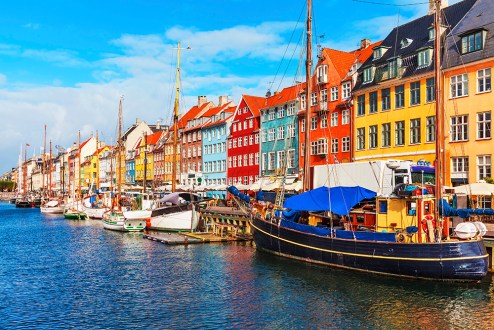Denmark: The happiest place on earth?
Denmark is supposedly the happiest country in the world, but what is it like to live there? Grumpy curmudgeon Michael Booth tried and failed – and tried again – to fit in, learning an interesting lesson in the process.

Previous page: Denmark: the happiest place on earth? So Why are the Danes so happy? I began to explore the subject of happiness more. It is a serious field of academic and scientific research encompassing anthropology, epidemiology and sociology. Happiness surveys measure different types of happiness: short-term and long-term happiness, otherwise known as hedonistic and eudaimonic happiness – basically differentiating between how people record that they feel during fleeting moments of euphoria or sadness, and how generally satisfied they are with their lives. It’s the second category where the Danes are world-beaters; in terms of ‘in the moment’, hedonistic happiness, they actually fare notably poorly. After a while, I decided to take my exploration one step further: I moved back to Denmark to write a book about the Danes, as well as their neighbouring tribes, the Swedes, Finns, Norwegians and Icelanders, all of whom regularly feature in the top fives of most kinds of societal supremacy rankings, whether it be the Finns with their world-beating education system, the Norwegians topping the UN’s Human Development ranking, or the Swedes with their remarkable gender equality. This may sound an improbable turn of events, given my experience of Denmark, but my circumstances had changed – I was older and a little less arrogant and ambitious. I also had school-age kids. It had become apparent that the French raise their children much like they fatten their geese for foie gras: forcing facts down their throats until their choke. I didn’t want my children to endure the French school system, plus my wife’s career had been on hold while in Paris. Things had changed in Denmark, too. When I first moved to Copenhagen it felt like Siberia. There were about eight shops, which were rarely open, and two fancy French restaurants that were way too expensive for anyone to ever consider dining in (at least, that’s how it felt to me). Nightlife happened on Friday and Saturday only and the locals spent most of the rest of the time watching television or playing handball. These days, though, Copenhagen has blossomed. The restaurants and bars are full of life throughout the week, year-round. The shops are open on Sundays, and the restaurant Noma has revolutionised the city’s dining scene. The TV is better, too, as you will have seen from <The Killing>, <Borgen> and <The Bridge>, all global critical hits in recent years. Having now returned to Denmark with my children, I have a new perspective on the country. It is the best place in the world in which to raise a family. Children have a remarkable freedom in Denmark, the school system emphasises friendship, empathy and enjoyment ahead of rote learning, and they are generally treated with respect by society. Plus, childcare is cheap and both parents are entitled to generous paternity/maternity leave. But, the funny thing is, gritty TV dramas, cheap kindergartens and fine dining are not what has made Denmark the happiest country in the world. The foundations for that were already in place when I lived there during my ‘dark Danish days’, as I now think of them. The world record levels of trust; the welfare safety net that provides decent healthcare and unemployment benefits for all; the extraordinarily high level of social cohesion (the Danes belong to more clubs, associations and unions, and do more voluntary work, than anyone else in the world); the healthy work-life balance (they work fewer hours than virtually any other nationality); and, of course, the relatively high level of wealth. All of these things were there when I first fell ‘in hate’ with Denmark, leading me to this seemingly trite and obvious – yet also inescapable – conclusion: happiness lies within. No matter where you live, or what happens to you, you are in control of your own happiness. External forces can and must be dealt with on your own terms, whether they be events, people, the weather, or aggressive cyclists. Though it is true that Denmark provides arguably the best framework in which to potentially life a happy life – the Danes have considerable advantages over the rest of us (they’re rich, sexy, funny, and are largely untroubled by poisonous snakes, earthquakes or wars) – they also have some fairly significant disadvantages (poor health, absurd cost of living, crappy weather, awful pop music). So what do they do that’s different from the rest of us? Having observed them at close quarters over many years, I have learned that the Danes are extremely adept at appreciating the small things in life: an open fire, a few candles, good company and a glass or two of red wine. It doesn’t take much more to bring a contented smile to a Dane’s face. They even have a word for this special kind of convivial cosiness, ‘hygge’, and are experts at fostering it. Personally, I hate hygge. I find it tedious and claustrophobic, but I’m a bit of an old curmudgeon, as you can probably tell. The important thing is to find out what works for you, regardless of the slings and arrows that are aimed in your direction, regardless of the society in which you live or the supermarkets you must shop in. Find those aspects of life that bring you pleasure and satisfaction, cherish and nurture them, and learn to block out the less palatable things. You can be happy virtually anywhere. Happiness lies within reach of us all, because, ultimately, it lies within. The Almost Nearly Perfect People: The Truth About the Nordic Miracle (Jonathan Cape £14.99) by Michael Booth is out on 6 February. –








